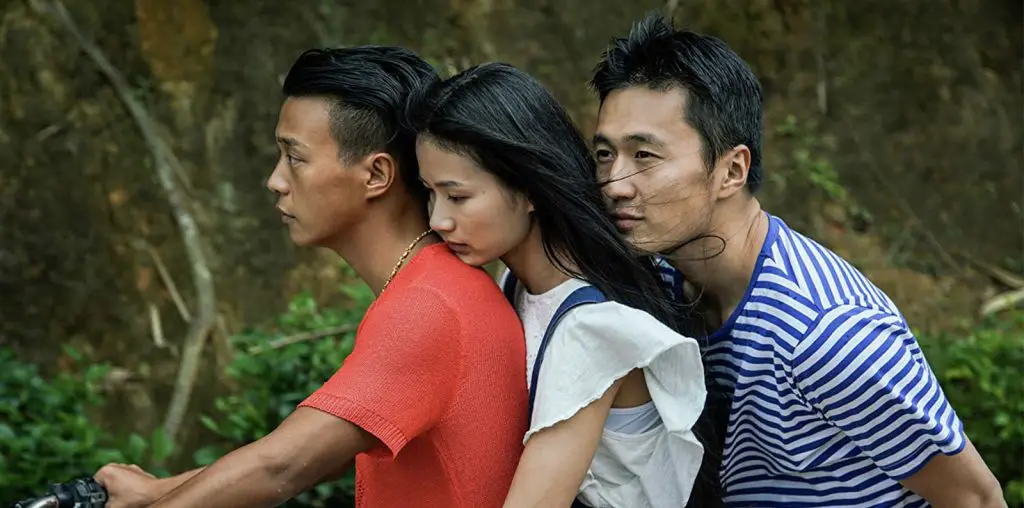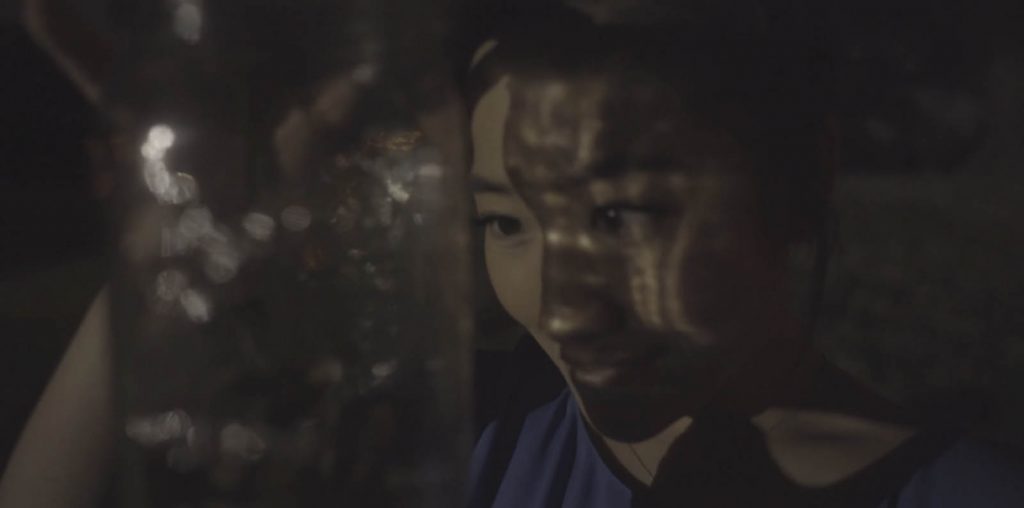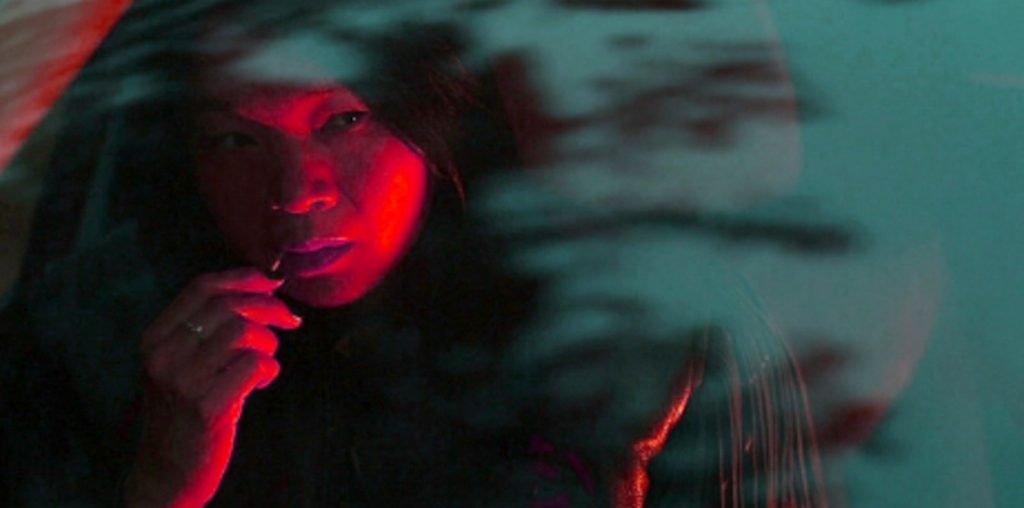
Filmed in Myanmar, writer/director Dani Schoffman’s Aye Ko is a coming-of-age story following a 12-year-old girl who is tasked with looking after a blessed goat that is being preserved for her sister’s wedding. Aye Ko (Nann Khin Min Myat Noe) loses sight of the goat, but she mistakenly gets on a bus after finding the animal. Aye Ko ends up miles away from her home with the mischievous goat by her side. Entrusted with the goat by her unyielding father (an interestingly stern Maung Maung Khin), Aye Ko’s negligence not only takes her miles away from home but forces her father to venture on his own quest to find her. Over the course of their separate quests, they contemplate their dysfunctional relationship.
Along her trek, Aye Ko comes across a congenial biker (Salai Kyaw Min) and a couple of scheming individuals who want the goat for themselves. As expected, she bonds with the goat, giving it the name “Baby-Baby.” Aye Ko’s lighthearted friendship with the goat is undeniably infectious, and she is understandably unable, or simply unwilling, to accept the fate of the goat fully. Meanwhile, her father meets a sociable taxi driver (Aung Pyae Shan) who slowly gets him to open up about his dreams.
Aye Ko is a diverting anecdote of two characters determined to make it in time for a wedding but wind up facing themselves and what they must accept in life. Aye Ko’s bond with the goat and her desire to playfully reject her family’s ways speaks to her innocence and budding individuality. Whereas her father, who once had a dream to be an actor, now looks down on his daughter’s dreaming.
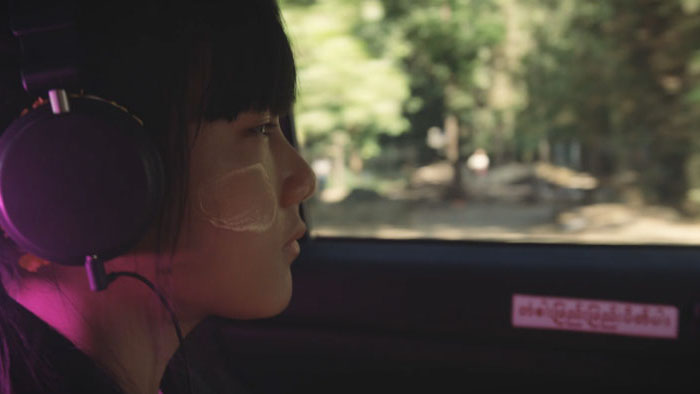
“…Aye Ko ends up miles away from her home with the mischievous goat by her side.”
The journey that Aye Ko spontaneously partakes in is thematically realized and overtly convenient. After all, it is a random biker who tells her that it is the journey that matters, not the destination. And I am compelled to agree based solely on Mg Mg Tha Myint’s gorgeous cinematography, which rawly captures the characters in their natural state while being surrounded by widespread fields, trees, and prying characters.
Nann Khin Min Myat Noe’s spirited performance naturally enlivens the character’s unbounded verve and vulnerability. It helps that she is written to feel as realistic as possible. Ko’s father is less developed than his animated counterpart, which more or less has to do with the 22-minute runtime. The fractured relationship between father and daughter is left incomplete, but perhaps that was a deliberate decision because, in the last conversation between them, she shows a reluctant understanding of the goat’s fate, which is a sensible response. It takes time before a child accepts the world as it truly is. At one point, a world-weary father imparts to his daughter: “The right thing isn’t always what you want to do, but what you have to do.”
While Aye Ko is not modest or surprising in approach, the coming-of-age tale is brimming with humor and heart. The utterly delightful 22-minute short film establishes Dani Schoffman as a skilled filmmaker who is familiar with the perspective of children. He also understands how that perspective can only get you so far in life before reality takes over and subverts expectations of where the journey will take you.
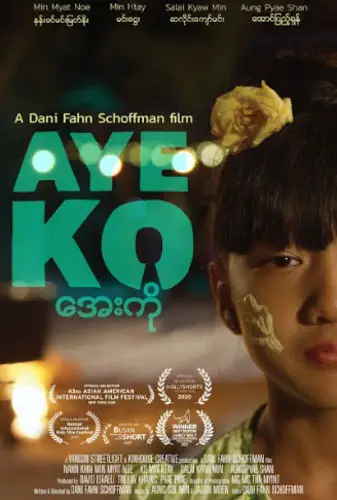
"…brimming with humor and heart."
